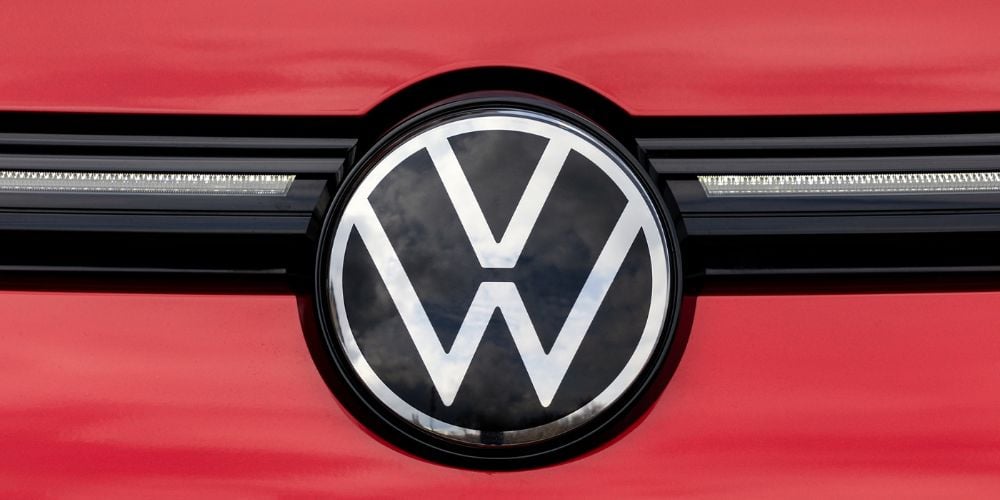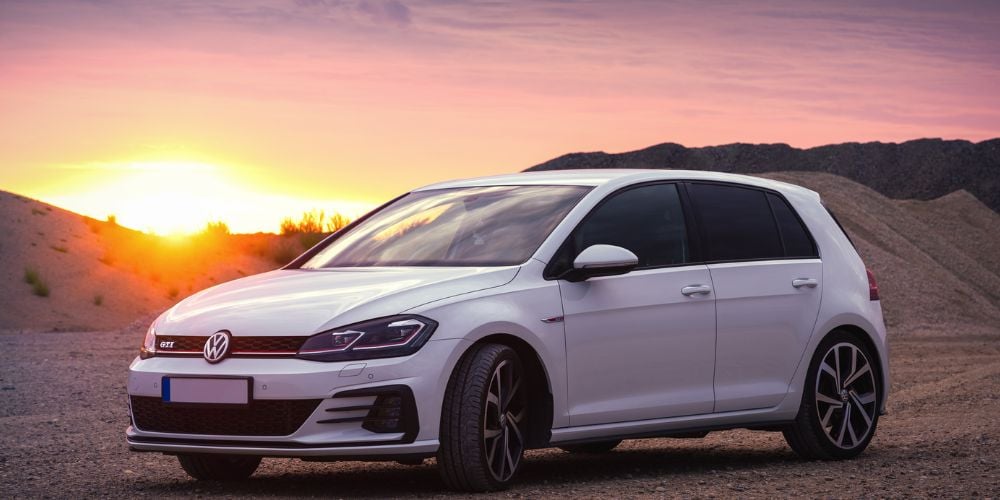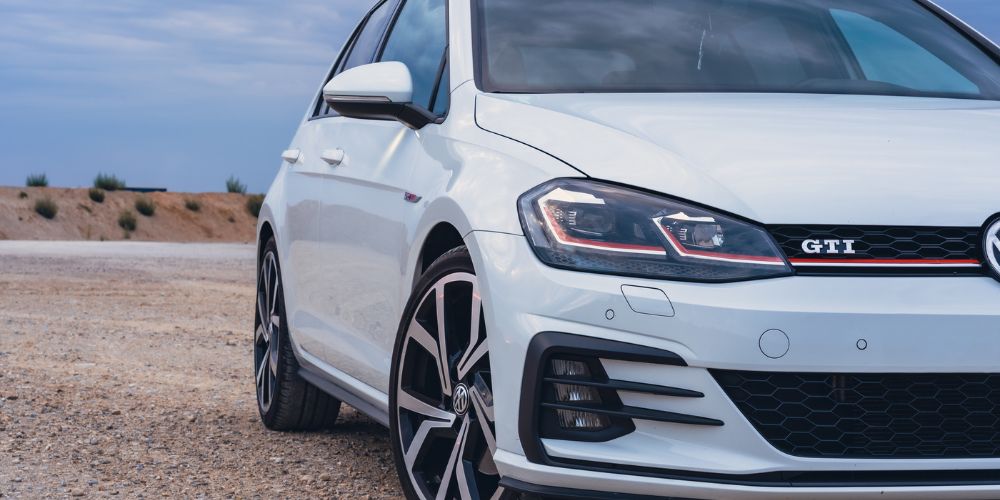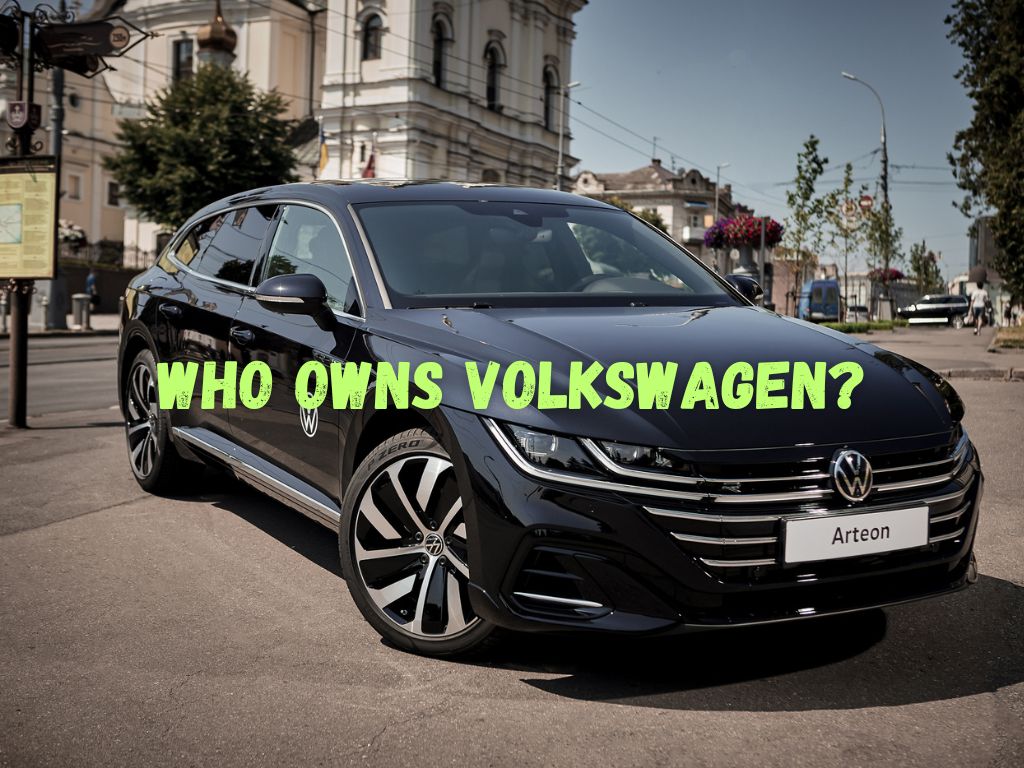The name Volkswagen rings a bell in the automobile world, boasting a rich heritage rooted in Germany’s industrial city of Wolfsburg.
As a prominent player in the automotive industry, understanding the company’s complex maze of ownership becomes fundamental. So, who owns Volkswagen?
This article travels below the surface to unravel the diverse, intricate fabric of ownership at Volkswagen.
At the heart of Volkswagen’s ownership sits an influential entity – Porsche Automobil Holding SE. This major shareholder holds the reins with a significant control over the voting rights despite a smaller economic stake. The relationship between Porsche and Volkswagen is not a new tale in the automobile world.
The love story dates back to the early days of both companies when Dr. Ferdinand Porsche designed the ‘Volkswagen’ or ‘people’s car’ that laid the foundation for the brand. When you hear Volkswagen, think Porsche. That’s how intertwined these auto giants are.

A Brief History of the Porsche-Volkswagen Relationship
This bond between Porsche and Volkswagen transformed through different phases. Volkswagen first approached Porsche for its design expertise, and they jointly worked on significant car projects.
Their partnership took a turn during the pursuit of Volkswagen’s acquisition, which led to a series of complex transactions between the brands. A tight power struggle led to Porsche’s acquisition of Volkswagen in 2011, instead of the latter swallowing up the former.
After Porsche Automobil Holding SE acquired a 50.7% stake in Volkswagen’s ordinary shares, their partnership evolved rapidly. This majority shareholding entrusted Porsche with a substantial say in the operations, investments, and strategic direction of Volkswagen.
Who Owns Volkswagen? The Network of Ownership
Delving deeper into the structure, the Volkswagen Group isn’t just about Volkswagen passenger cars – it’s a mammoth entity encompassing different brands.
Attesting to its extensive reach, the Group brings under its name distinguished marques like Audi, Bentley, Bugatti, SEAT, Skoda, Lamborghini, and Porsche, among others.
It’s not just high-end marques; the Group even touches two-wheeler territory with its ownership of Ducati. The commercial vehicle landscape isn’t left untouched either. With Scania and MAN part of its domain, it’s evident that the Volkswagen family is diverse and far-reaching.
Decoding the Volkswagen Group is like opening a Russian doll. Each layer peeled back reveals another brand, another layer of the network.
The complexity of Volkswagen’s ownership goes beyond automobile brands and extends to the financial services sector, which includes Volkswagen Financial Services AG, a cornerstone for financing customers and dealers, as well as managing insurance activities and fleet management.
One Group, Many Business Sectors
Given the intricate nature of the Volkswagen Group, it is crucial to analyze the company’s operations through the lens of its business sectors. Dividing the company’s vast operations into the following segments offers clearer insights:
Passenger car brands: Comprising Volkswagen, Audi, SEAT, Skoda, Bentley, Lamborghini, Porsche, and Bugatti, this business segment provides the core identity of the Volkswagen Group.
Each brand has a unique history, customer base, and product range that contributes to the overall success of the group.
Commercial vehicle brands: The Volvo Group strategically tapped into the commercial vehicles market through Scania and MAN.
Utilizing these subsidiaries, the Group has successfully catered to a wide range of clientele in commercial transportation, logistics, and construction sectors.
Motorcycle brand: With the acquisition of Ducati, the Volkswagen Group marked its territory in the world of two-wheelers.
This premium Italian brand further diversifies the company’s product portfolio and market presence.
Financial services: Through Volkswagen Financial Services AG, the company provides a wide range of financial solutions, including retail financing, leasing, fleet management, and insurance services, to both customers and dealers.
These financial services act as an essential support for the vehicle sales by promoting affordability and accessibility.

Responsibilities of Volkswagen’s Ownership
The ownership’s tentacles stretch across the Atlantic, manifesting as the Volkswagen Group of America. This strategic entity controls the operations, sales, distribution, and service of Volkswagen Group vehicles in the United States.
It plays a notable role in implementing the company’s strategy, ensuring smooth operations and helping Volkswagen stay planted in the world’s second-largest automobile market.
The ownership structure is not just about holding shares and having control. It carries responsibilities, the weight of the company’s future, its immense workforce, and the expectations of millions of customers worldwide.
So, when we ask, “Who owns Volkswagen,” we’re asking about more than shareholders. We’re inquiring about responsibility and stewardship, about sustainable, responsible management that respects the environment, employees, and customers alike.
Impact of Ownership on Product Development and Innovation
Volkswagen’s complex ownership structure has considerable implications on the company’s product development and innovation. As a conglomerate, substantial resources funnel through its research and development processes to continually improve existing models and create new designs.
The diverse nature of the Group’s portfolio enables cross-fertilization of ideas and technology among the brands. This collaboration further facilitates the development of cutting-edge, high-performance cars that push the boundaries of luxury, efficiency, and environmental consciousness.
Volkswagen’s brands benefit from sharing platforms, engines, and other key components, resulting in cost-effective solutions and an increased focus on the development of future technologies, such as electric and autonomous vehicles.
Frequently Asked Questions
The major shareholder of Volkswagen is Porsche Automobil Holding SE. They maintain significant control over voting rights.
What role does Porsche Automobil Holding SE play in Volkswagen’s ownership?
As the major shareholder, Porsche Automobil Holding SE not only has a significant voting right but also has a major say in strategic decisions within the company.
How does Volkswagen’s ownership affect its operations and strategies?
The ownership of Volkswagen directly influences its strategies and operations. The parent company dictates its strategic decisions, operational policies, and even the management of its workforce.

Which brands are associated with the Volkswagen Group?
Multiple renowned brands are associated with the Volkswagen Group, including Audi, Bentley, Bugatti, Lamborghini, Porsche, Skoda, and SEAT, among others.
What is the function of the Volkswagen Group of America?
The Volkswagen Group of America controls the operations, sales, distribution, and service of Volkswagen Group vehicles in the United States. This entity plays a crucial role in implementing the company’s strategies in the American market.
Conclusion
The ownership of Volkswagen is an intricately woven tapestry, a network of brands under a single entity. This network has grown from the forge of history, becoming a complex web where one thread leads to another.
From their powerful shareholder Porsche Automobil Holding SE to their diverse brand portfolio, it’s clear that Volkswagen’s ownership goes beyond mere names or brands.
It ties into the very identity of the company, driving—and benefiting from—its strategies, operations, and corporate decisions. Understanding one of the world’s largest automakers’ ownership structure means peering into the corporate decisions that guide the wheels of the ever-growing automobile industry.


 Tags:
Tags:










